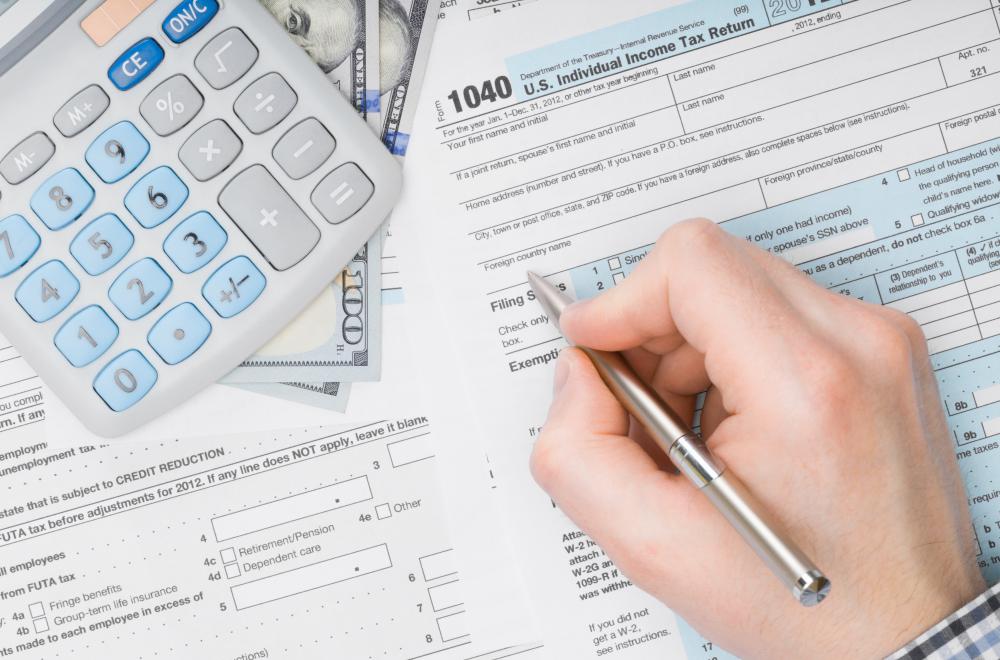At WiseGEEK, we're committed to delivering accurate, trustworthy information. Our expert-authored content is rigorously fact-checked and sourced from credible authorities. Discover how we uphold the highest standards in providing you with reliable knowledge.
What is the Safe Harbor Rule?
Safe harbor rules are regulations and laws that help to protect citizens from adverse legal actions, assuming that those citizens are complying with requirements stated in various laws and regulations. The exact formulation and application of these types of rules will vary, depending on the laws in place within the nation or other jurisdiction. In most situations, the idea behind a safe harbor rule is to provide additional insight into situations where existing laws may be somewhat broad. This helps to minimize incidents where the interpretation of those laws could result in taking legal action against someone for an act that was not intended to result in some type of violation.
One area where a safe harbor rule may apply is in the statutes issued by a tax agency. Often, those statutes include provisions that help define what type of action taxpayers must take in order to comply with current tax laws. Within the scope of the rule, it is possible for taxpayers to know what actions they may take in order to receive favorable treatment in terms of existing tax codes, and what action should be avoided in order to prevent the imposition of some series of tax consequences. In situations where there is some question as to the nature of a given action, the safe harbor rule assumes that the taxpayer did not intend to violate any tax laws, and should not be subject to severe punitive action.

The assumption of good faith is key to the function of a safe harbor rule. Should the individual choose a course of action based a law or set of laws that are somewhat vague and broad in their application, legal authorities may recognize how the individual came to the conclusion that the course of action was legal and therefore allowable. In situations of this nature, the intent of the law is defined within the court of jurisdiction, and the defendant may receive some type of minor punitive action due to the failure to comply with that definition, but is protected from subjection to more serious forms of punishment.
While a safe harbor rule does offer some degree of protection for those who unknowingly fail to comply with certain laws or statutes, due diligence is usually taken to determine if an individual is indeed worthy of receiving that protection. This helps to minimize situations where unscrupulous individuals seek to circumvent laws that are specific in nature and do directly apply to the actions taken. At the same time, the proper application of a safe harbor law provides the opportunity to educate the individual, so that the same infraction is not repeated at a future point in time.
AS FEATURED ON:
AS FEATURED ON:











Discuss this Article
Post your comments